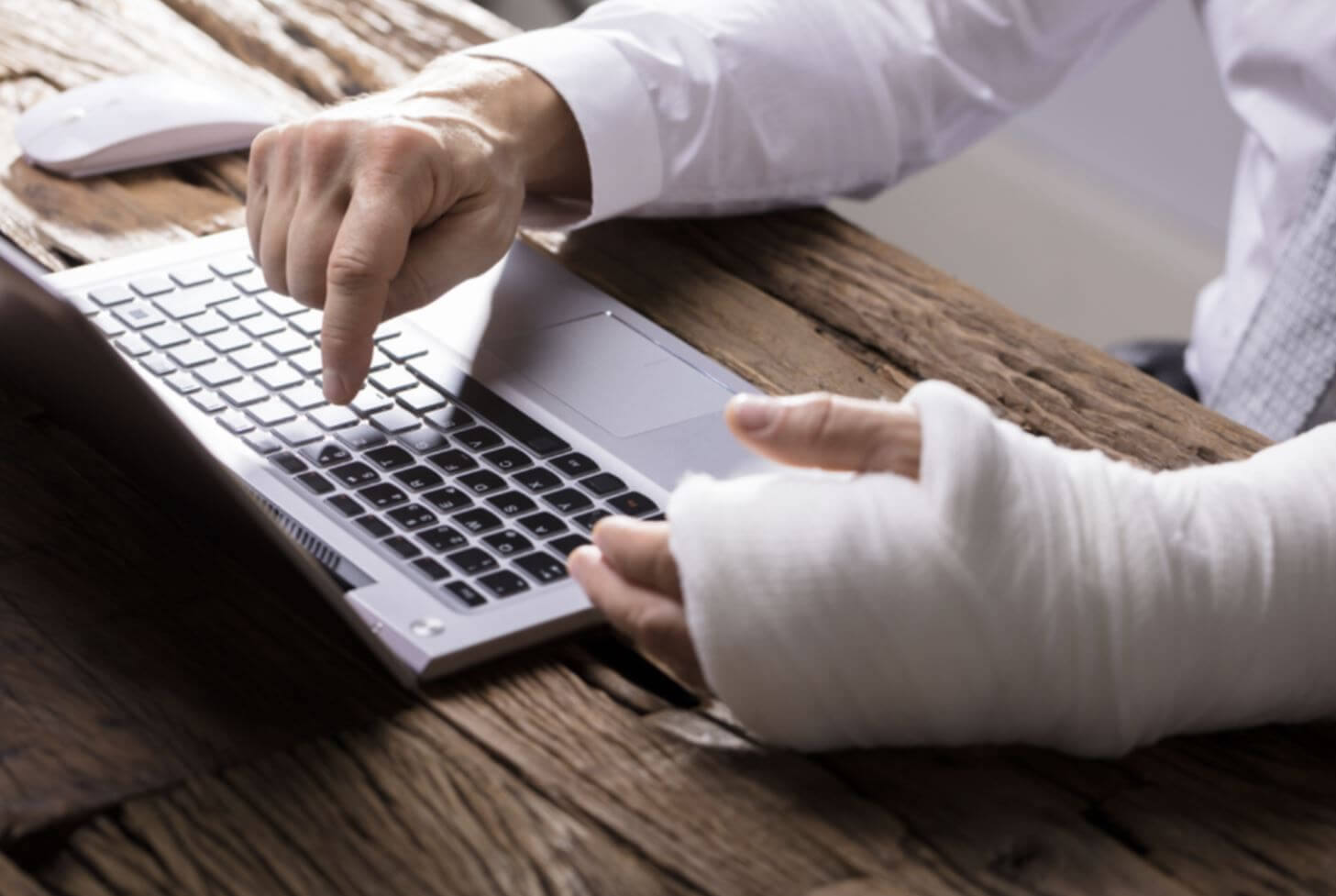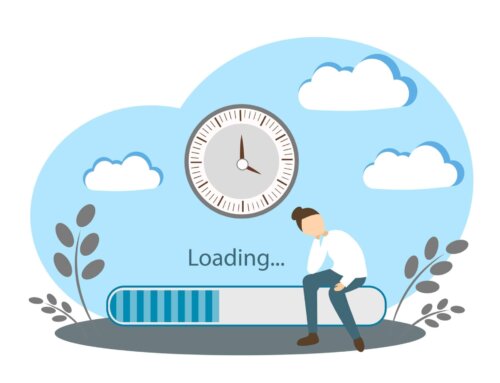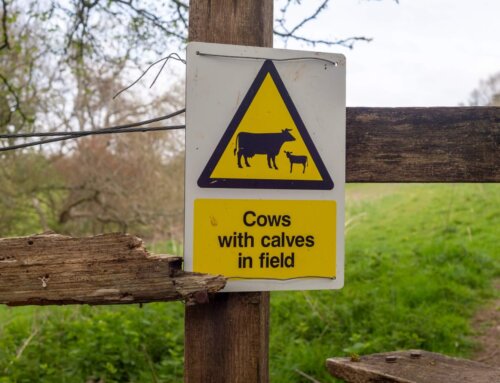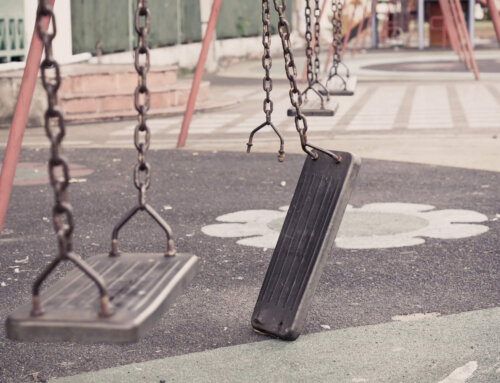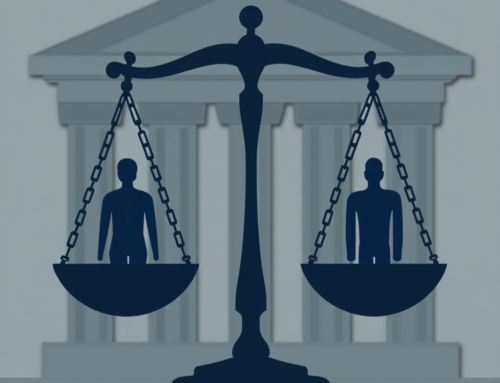We hear so much on the radio and TV about making a claim for personal injury, if you’ve had an accident that was not your fault. We may have already got a view about these types of accident compensation claims. Over and above that how much do people really know about what type of accident injury you can claim for?
Do you know if you have a personal injury case? What compensation can you claim for? In this article, we look at 5 common questions we get asked about personal injury claims:
Q1: What are the most common types of personal injury accident claims that people make?
Road traffic accident claims
According to government statistics from a few years go by far the majority of all personal injury claims (80%) over a three year period were road traffic accident claims. This general term includes:
- Car accident claims
- Cycling Accident claims
- Motorcycle Accident Claims
- Passenger Accident Claims
- Pedestrian Accident Claims
The sheer volume of motor vehicles on the road is the main reason for the high numbers of RTA claims. In addition, whiplash injury claims are very common because it is this type of soft tissue injury that the occupants of motor vehicles are most vulnerable to getting when vehicles collide with each other.
Accidents in Public Places
The second most common type of accident claim according to the statistics previously mentioned, are those made by people who are injured in accidents in public places. You may also hear these types of claim being referred to as ‘public liability accident claim’s.
The most common types of accident that come under this heading are slip, trip and fall accidents that happen whilst walking on the street, pavements, in shops, cinemas, restaurants etc.
Accidents at Work
There were 248, 299 accident at work claims made by employees against their employers in the three year period between 2009/2010 and 2011/2012. Work accident claims cover all types of work-related accidents.
Q2: What are typical injury types of personal injury that people claim for?
People make claims for personal injuries of all kinds. There is almost no limit to the type of injury claim, that it is possible to make. From minor cuts and bruising through to injuries causing permanent disability – at Mooneerams we have helped people to make personal injury claims of all types.
There are some injury types that tend to be more often made, as a result of a particular accident type. For example, whiplash injury claims make up a large proportion of all the car accident claims that we are asked to deal with.
Amputation or limb damage claims can be the consequences of cycling accidents or motorcycle accidents. Equally, they can be the result of factory accidents or forklift truck accidents at work.
Some types of injury claim are more properly called illnesses or diseases. An example of this would be asbestos disease claims that result from getting an asbestos disease or illness through being exposed to asbestos dust and fibres, usually in the workplace.
On a similar note, psychological injuries that are caused by being involved in an accident can also be considered as personal injuries. It is important to recognise that it is possible to make a claim for psychological injuries, in the same way as any other type of personal injury claim.
The same principle applies in all of these cases, where a claimant makes a claim for personal injury compensation, and it is this:
The accident, disease or illness must have been caused by the negligence of and or other breach of duty owed, to the claimant by another person/party.
If these conditions apply it’s possible to make a successful claim.
Q3: What compensation can I claim for in a personal injury claim?
You will hear solicitors refer to compensation as ‘damages. There are two types of damages. These are:
Claim for General Damages
Your claim for general damages is the claim that in the main, covers the personal injury part of your compensation claim. The award of compensation for your injuries and the consequences it has for you is known as damages for ‘pain, suffering and loss of amenity.’ The loss of amenity aspect of damages is intended to compensate you, as far as money alone can, for things like:
- Loss of future prospects – such as being at a disadvantaged because of your injuries in the future should you try to get a better job or even just if you found yourself on the open labour market.
- Loss of enjoyment of an event or some form of entertainment that you were used to doing that you can’t now do.
- Loss of use – of a vehicle that was damaged in the accident that caused your injuries
Claim for special damages
In other words, the claim for monetary loss caused by the accident, such as:
- Loss of earnings – both past and future earnings
- Medical prescription expenses
- Medical care costs
- Treatment costs
- Cost of any rehabilitation programmes that medical experts advise you to undertake
- The cost of modifying your home or your car, if the extent of your injuries makes such modifications necessary.
- Cost of replacing items damaged in the accident – motor vehicle, bicycle, motorcycle, damaged goods being carried, damaged clothing.
Q4: How much will my injury claim be worth?
We are often asked:
“How much compensation could I expect to get for a (particular type of injury)?
It’s tempting to respond with ‘how long is a piece of string?’, but that would be somewhat rude, albeit, perfectly correct.
Whilst there are judicial guidelines and precedents that give lawyers a starting point for when we attempt value our clients’ injury claims, we also have to take into account the effect an injury has on our particular client. No two clients are the same and the same type of injury will affect each client in a different way. That will be reflected in how the claim is valued.
We believe that it is better to wait until we have arranged for our client to be medically examined by a medical consultant before providing an initial assessment of what his or her claim is worth. Even then, that initial valuation will be subject to change, as our client’s recovery progresses or alternatively should medical complications arise.
At Mooneerams we have recovered millions of pounds worth in compensation for our clients over many years. We are expert personal injury solicitors and as such are experienced in being able to place a value on our clients claim for pain suffering and loss of amenity, at the appropriate time.
Q5: When will I get my compensation?
You will be eager to get to the position where you receive your compensation. Every client understandably wants to get to this position as soon as possible.
At Mooneerams, we are very much aware of that. We understand that it can be frustrating, for example, waiting on a further medical appointment to get that final up to date medical report, before being able to settle your claim.
Equally, if we have to go to court to get the claim decided (that’s not very often the case), then we are reliant on the court office giving us a court date before the matter can be resolved.
Our overriding concern is to ensure that you get fully compensated for your personal injury claim in all its entirety. We will not cut corners to try and get an early settlement, which may turn out to lead to an under settlement. Doing that would be negligent of us.
You will receive compensation:
- Once the whole claim – general and special damages – is capable of being agreed with the other party’s insurance company or solicitors.
- Following a court hearing.
- Interim payments – if your liability for your accident is not in dispute, but you are going to have to wait for some time before settlement can be agreed overall, it is possible to ask for an interim payment from the other side. If they won’t agree to one, then we can make an application to the court to get one. Sometimes in cases that are likely to take a long time, there may be a number of interim payments.
Finally… don’t forget that in most cases you have 3 years within which to start a personal injury claim.
Most personal injury claims can be funded by means of a No Win No Fee agreement. Call Mooneerams on 029 2048 3615 or contact us online to speak to one of our personal injury solicitors today.

